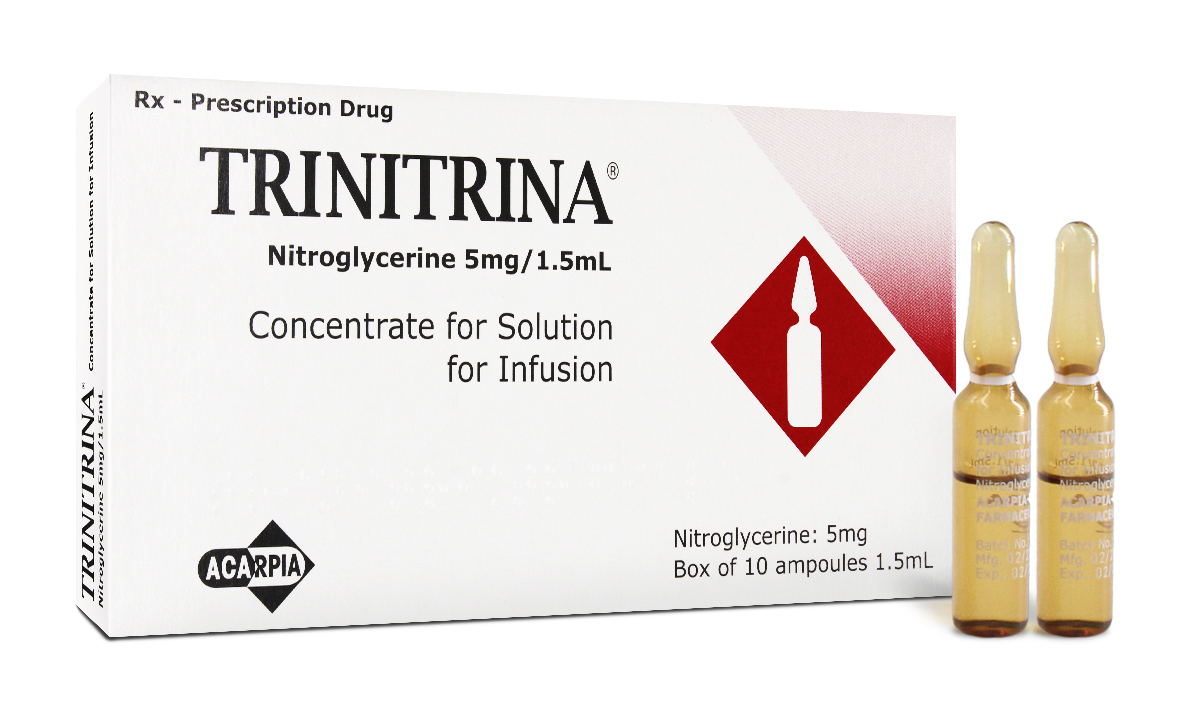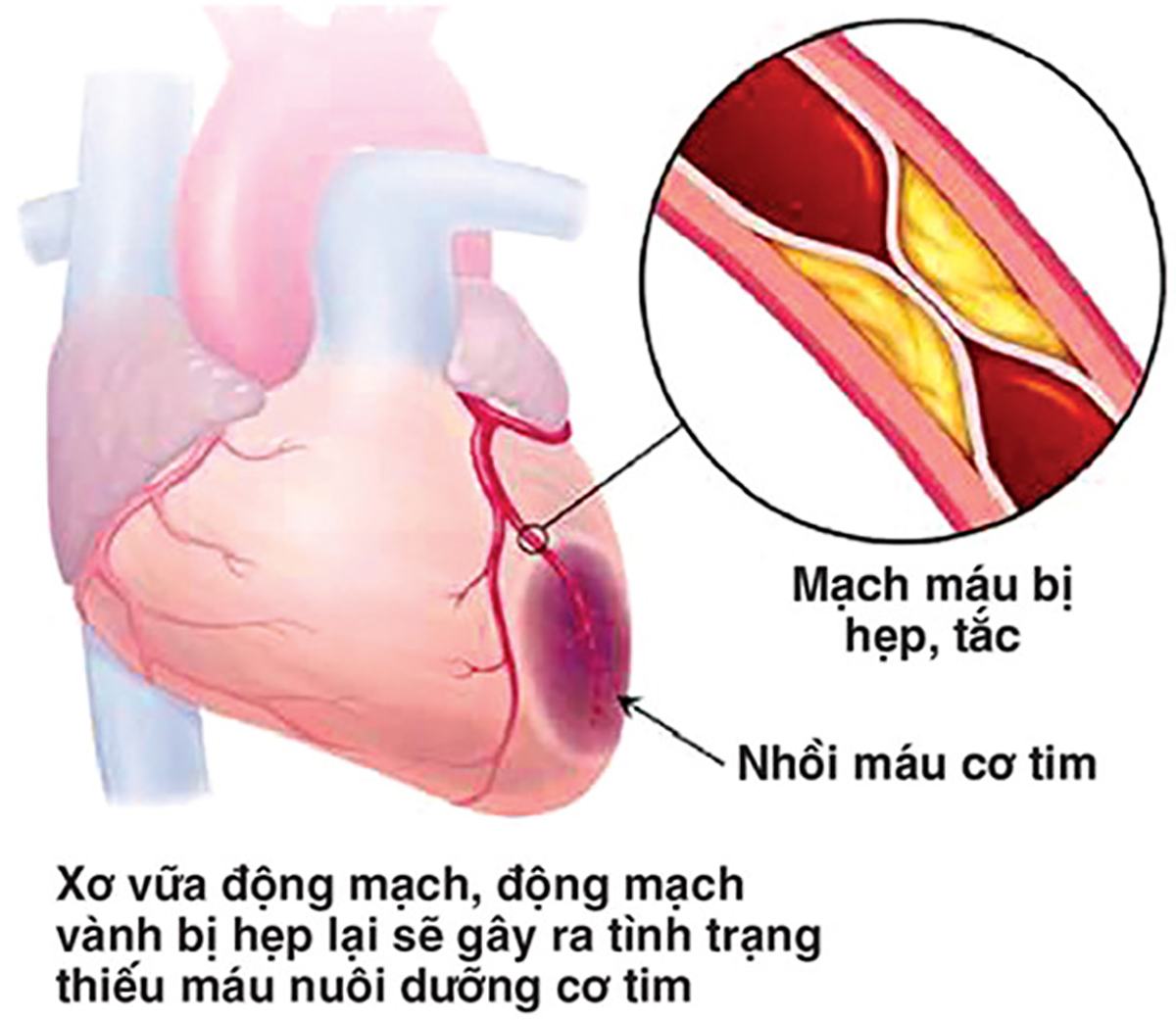Nitroglycerin is widely used to treat cardiovascular disease. How safe is it to use the drug? What are the undesirable side effects of taking the drug, did you know?
In the treatment of cardiovascular pathologies, Nitroglycerin is a very widely used vasodilator, prepared in various drug forms and contents. Once inside the body, nitroglycerin is converted to nitric oxide (NO). NO causes vasodilation, which makes it easier for blood in the lumen of the vessels to circulate. This will help relieve symptoms of angina caused by myocardial ischemia, coronary heart disease. In addition, the drug Nitroglycerin also has the effect of dilating arteries and veins to help lower blood pressure, reduce the burden on the heart, especially beneficial for people with heart failure.
What does the drug Trinitrina do?
When the patient has peripheral varicose veins that leads to stagnation of blood in the periphery and in the organs, a decrease in the amount of circulating blood thereby reducing the amount of blood returning to the heart, in other words, a decrease in preload. Dilated arterioles lead to reduced peripheral resistance, reduced afterload helps reduce arterial blood pressure, especially systolic blood pressure.

Thus, drugs of this group have the effect of reducing both burden and part of the afterload. Therefore, it will reduce the work of the heart muscle, reduce the oxygen consumption of the heart muscle to help the supply and demand for oxygen to be balanced, will cut the angina attack quickly and for patients with heart failure, the drug helps to improve clinical symptoms significantly.

When should nitroglycerin be taken?
The drug is indicated for cases of myocardial ischemia (clinically manifested by symptoms of angina), which is the most predominant indication of drugs of this group. For acute pain, lozenges or sublingual sprays work very quickly. It is also used long-term to prevent recurrent angina pectoris and results in stable angina attacks that cause no or less recurrence of pain, allowing patients to do so with greater exertion.
In myocardial infarction, the drug is administered early in the beginning with intravenous administration (usually with an electric syringe in doses that respond to the patient's blood pressure level). However, extreme caution must be exercised in use because the drug can cause very dangerous hypotension and cardiovascular collapse, moreover, it is necessary to accurately assess the myocardial infarction area, because for patients with right ventricular myocardial infarction, the drug causes a decrease in blood volume to the right ventricle, thereby reducing cardiac output and leading to cardiogenic shock which is very dangerous to the patient's life.
The drug Nitroglycerin is contraindicated in cases of:
- Low blood pressure, cardiovascular collapse.
- Severe anemia.
- Increased intracranial pressure due to head injury or cerebral hemorrhage.
- Right ventricular myocardial infarction.
- Aortic valve stenosis, obstructive hypertrophic cardiomyopathy.
- Constrictive pericarditis.
- Allergy to organic nitrates.
- Closed-angle glocom.
- Used together with phosphodiesterase-5 (PDE-5) inhibitors such as Sildenafil, Tadalafil, Vardenafil.
Undesirable effects
When using peripheral vasodilators, the skin flushes especially on the chest and eyes; dilation of blood vessels in the eye easily causes increased discharge and increased intraocular pressure; Dilation of blood vessels in the brain can cause increased pressure in the skull and cause headaches.
When taking drugs of this group, it is forbidden to drink alcohol because alcohol enhances the effect of the drug.
The drug also causes hypotension when standing. Especially, the phenomenon of dizziness, dizziness often occurs when taking medicine for patients with low blood pressure, especially the elderly.

See more product information here.